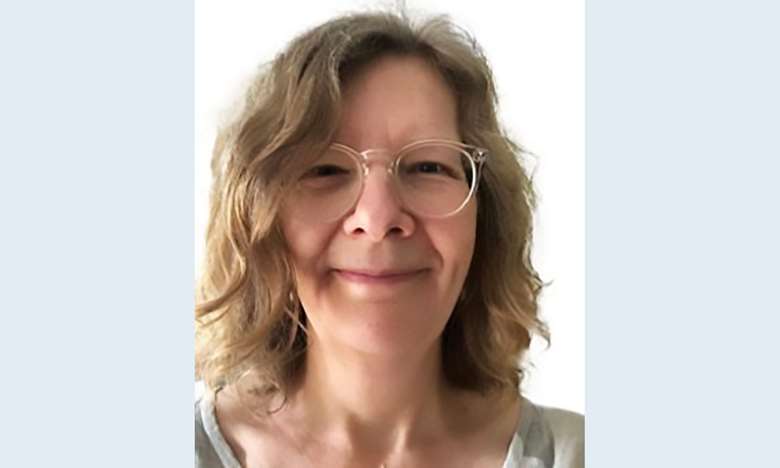Let’s humanise the language of children’s services
Jo Davidson
Wednesday, February 14, 2024
I want to start with a story about language that highlights how commonly used phrases of a previous era can age badly when viewed through today’s eyes.

My mother talks regularly about her youngest sister who was born during the Second World War and died of measles when she was two. That brief period had a lifelong impact on my mum – she remembers with huge frustration and care how difficult it was to teach that little girl how to do anything. That’s because her sister was born with Down’s syndrome – but that’s not the term my mum or her family described their much-loved daughter and sister. Instead, they used a word that is so shocking I won’t repeat and can’t believe was in common use. We should be pleased that language has moved on significantly since then.
However, I worry that we have created a language of dehumanisation throughout children’s services, which I hope we will look back on with disbelief in years to come. Challenging and considering the language we use about people isn’t a new thing – charity Tact’s Language That Cares initiative is an example of organisations trying to change things. Many people and organisations are taking great care in the way they write reports and take regular advice from young people about the language they prefer to be used.
When we talk about children and adults who have different needs and who need the rest of us to adapt what we are doing to include them it feels that the language used isn’t shifting fast enough. There’s lots I want to change – as a start, I would like us to talk about people, or children, not “cases” or “pupils”, to keep at the centre of our thinking that everybody has hopes and fears and needs and are not numbers or computer records.
I think we should outlaw the word “placement” – it sounds so sterile and temporary, like a holding pen. What we should be talking about are homes, schools, work, hobbies. I bet we’d get more imaginative “placement strategies” if we used those words, and better commissioning and provision too.
We should all be following the type of thinking outlined by Gloriously Ordinary Lives – a website and campaign to celebrate the everyday aspects of life – who are suggesting four tests as a lens to think through; one of these is asking “would I use that language in the kitchen with my family or in a café or pub with my mates?”. I think we should be particularly thoughtful about how we work with people on boards, councils and specialist groups and make sure that we are changing our language led by their real world, not inducting them into the sanitised and sometimes cruel language we have created.
Words are important. They create, they destroy; they enable, they control. They build up, they knock down. Have a think about the words you and the people you work with use daily in your work – do you talk like that in the rest of your life? If no, then it’s ripe for change. Be the person to start that.
-
Jo Davidson is an associate at The Staff College




